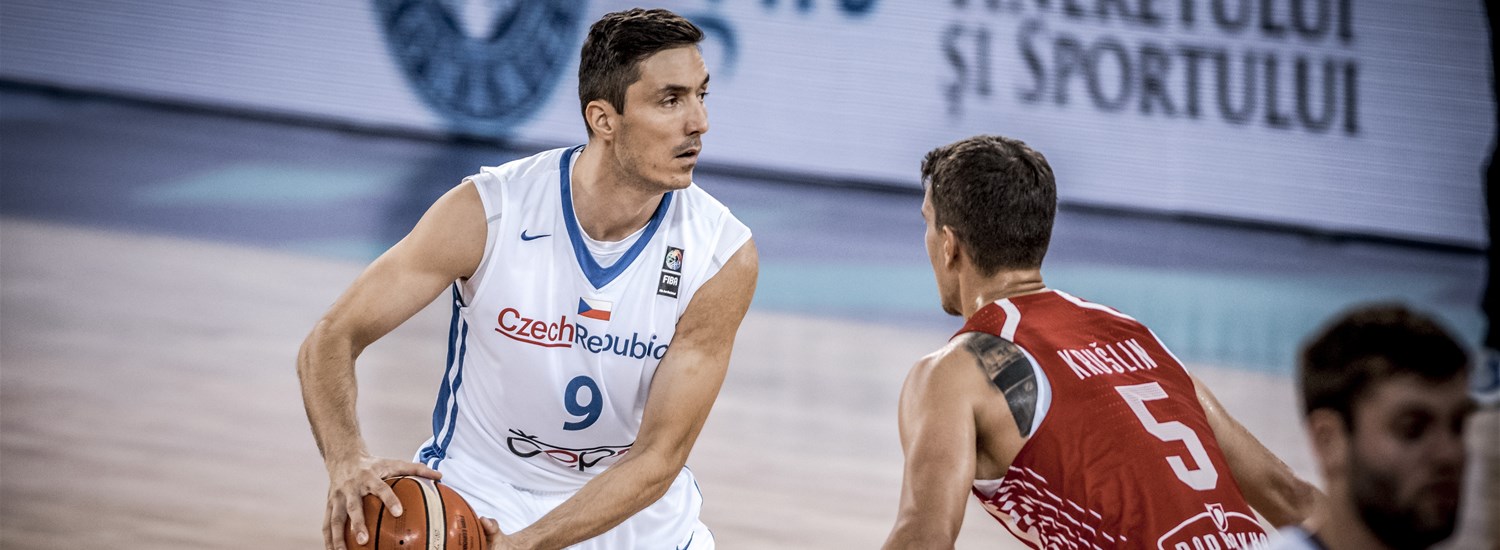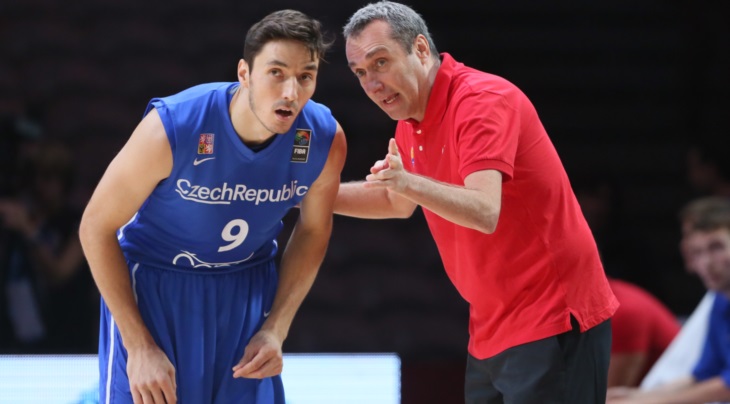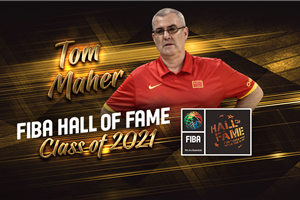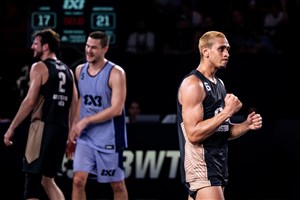
The importance of interacting with media | Jiri Welsch
Media is sometimes referred to as the seventh Great Power. Otto von Bismarck used that term in 19th century when he was talking about six power nations of that era and according to him, there was another force with a comparable influence.
Of course, this was somewhat exaggerated statement, yet it highlighted the growing importance of media at that time.
The media is an ever-present element of today's sport and we have seen a love-hate relationship among athletes and representatives of sports media for decades. On one hand, media is directly responsible for presenting our sport – including players – to wider audience.
This grows the game and presents everyone involved in it – including players – with many opportunities. On the other hand, with the evolution of technology and appearance of social media, media coverage has become much faster, instant and scandal driven.
I have always viewed media as a partner that can connect me with people outside of my personal bubble and can present me with opportunities I normally may not have come across. While thinking about my post-playing career, I had never considered media as part of my future.
"DEALING WITH MEDIA IS A SKILL WHICH REQUIRES TRAINING AND EXPERIENCE LIKE ANYTHING ELSE YOU DO IN THIS WORLD, IF YOU WANT TO DO IT WELL"
Today, I work as a basketball commentator and analyst for four different TV and internet platforms. Getting feedback on what I do gives me a completely different perspective on the importance and impact of sports presentation through media channels to the general public.
Dealing with media is a skill which requires training and experience like anything else you do in this world, if you want to do it well. There are a few general tips which may help in any situation:
- Think of how you want to be perceived. Everything you SAY and DO reflects on how players, coaches, management, fans, sponsors and others perceive you. And if you want to enjoy a long career, it is definitely better to be viewed as a hardworking and positive person rather than lazy malcontent.
- Be yourself. This is closely connected with previous point because the easiest way is to be genuine yourself. Authenticity is an important factor of your behavior.
- Know your audience. Understanding and respecting your audience definitely helps to get your message across easier. You will talk differently to kids at a basketball camp or to adults from fashion company which sponsors you. I've always enjoyed talking to journalists who demonstrated understanding of the game by asking smart questions. That doesn't mean though that I rejected those who did not.
- Gather your thoughts. Take your time and don't rush into answers. It is absolutely fine to ponder your thoughts before you say something which you may regret later. Always try to give your opinion on matter and not just confirm someone else's. I've always disliked questions as "So, that referee's decision at the end of the game was terrible, right?" What is the point here, my friend – do you want to know what I think or you're just looking for justification of your words?
- Remember, you also have the right not to answer. In that case, saying "I prefer not to comment on that" or "I'd rather not talk about this" is always way better than the infamous "No comment."
- Ask for advice. Don't be afraid to ask your veteran teammates or coaches for advice. It never hurts to share experiences and maybe learn from mistakes other did before you.
- Media training. Effective communication is a skill and depending on the level of where you play, you may want to consider undertaking media training. One of the first things I did after becoming an NBA player was taking part in rookie transition program – five days behind closed doors of a New Jersey hotel, being educated 10 hours a day on different matters such as financial planning, health protection, and of course, dealing with media.
Key hints on how to interact with media. There are few key things to take away and use anytime you deal with media and thus build your off-court image:
- Stay calm and control your emotions. Share the positive ones openly, let out the negativity somewhere else. Be polite and approachable. Some days, it may seem harder than others, but it is always appreciated.
- Think before you speak. Once it's out there, you can't take it back.
- Everything you say and do communicates – it's not just about your words. Actions sometimes speak louder than words, so beware of your body language.
- Consider your environment. Think about where you are and who you speak to.
Jiri Welsch
The 2.01m guard/forward represented the Czech Republic for two decades, starting with youth sides in 1997 and ending at FIBA EuroBasket 2017. Welsch began his career with BK JIP Pardubice in 1997 and by 2000 was the Czech League Player of the Year as a star with Sparta Prague. Drafted by Philadelphia in 2002 after two seasons at Union Olimpija, he went on to suit up for Golden State, Boston, Cleveland and Milwaukee. After playing several years in Spain and then one in Belgium, Welsch returned home to play for Nymburk and once again, Pardubice.


















